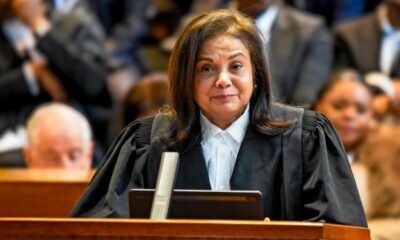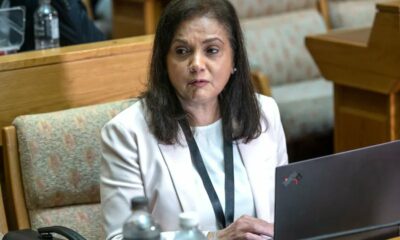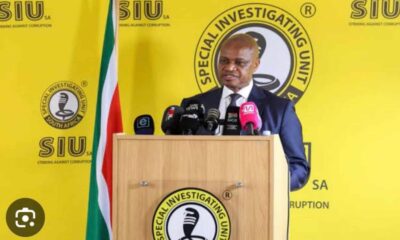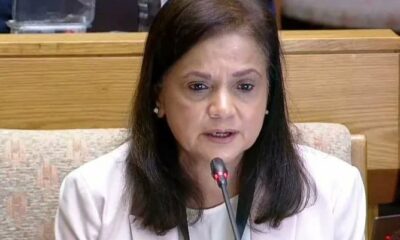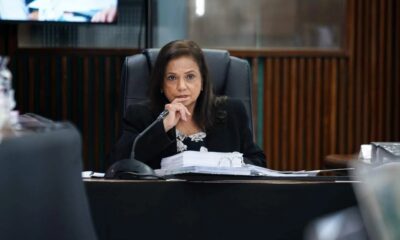News
Batohi’s Key Testimony Puts Fresh Spotlight on the Chauke Fitness Inquiry
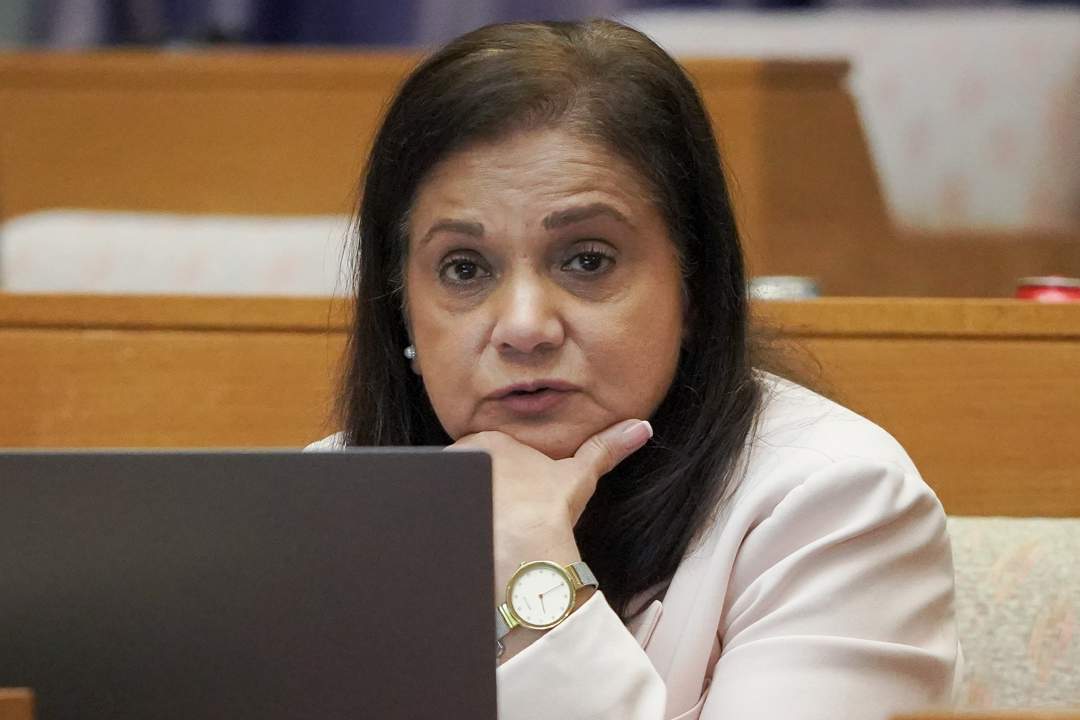
A week of scrutiny and sharp questions
The national spotlight returned to the Nkabinde Inquiry this week as National Director of Public Prosecutions Shamila Batohi resumed her detailed testimony on the fitness of Advocate Andrew Chauke to continue holding office. The hearings have become one of the most closely watched moments in South Africa’s legal calendar, drawing strong public interest and opening debate on how past decisions inside the National Prosecuting Authority have shaped trust in the system.
Batohi, who took office in 2019 with a mandate to rebuild public confidence in the NPA, arrived prepared with timelines, legal reasoning, and internal records. Her testimony followed last week’s session in which she defended how the NPA handled racketeering certificates that were issued more than a decade ago to pursue charges against former police officers.
Revisiting a complicated chapter in NPA history
Much of the focus centres on events from 2012 to 2016, a period marked by bitter legal disputes and growing scrutiny over how senior prosecutors exercised their powers. One of the key figures in this history is Major General Johan Booysen, who in early 2013 launched a formal court challenge to set aside racketeering certificates signed by then acting National Director of Public Prosecutions Nomgcobo Jiba.
Booysen requested that all material used to support the authorisations be provided to him. According to Batohi, twenty-three docket files were handed over. Booysen honed in on two of them, highlighting statements suggesting that he had arrived at the scenes of certain shootings only after the events had already unfolded. He argued that this contradicted the idea that he was involved in the crimes.
Batohi explained that Jiba had responded with an affidavit that was prepared with input from Advocate Chauke. Chauke also filed his own confirmatory affidavit stating that Jiba’s version of events was accurate. The affidavits referenced statements from several individuals, including Colonel Rajendran Sanjeevi Aiyer, Aris Danikas, and Bhekinkosi Mthiyane Ndlondlo, who had provided accounts connected to at least twenty-three deaths and the wider allegations tied to the case.
A contest of evidence and interpretation
Booysen’s legal team challenged some of these statements. They argued that two of Aiyer’s statements did not implicate him, that one statement was dated after the racketeering certificates had been issued, and that the Danikas statement was unsigned and undated. A fourth statement from Ndlondlo also did not link Booysen to wrongdoing.
Despite these disputes, Jiba did not file a further affidavit. Instead, Chauke provided a memorandum to Booysen’s lawyers addressing the concerns that had been raised. The matter eventually reached the courts, where Judge Trever Gorven delivered a scathing assessment.
Gorven found that the authorisations issued by Jiba did not meet constitutional standards. According to Batohi’s recounting of the judgment, the court ruled that the decisions were arbitrary and lacked the supporting material needed for a rational decision to prosecute. As a result, the original authorisations from 17 August 2012 were set aside.
A shift in leadership and a fresh review
Years later, in February 2016, new racketeering certificates were issued by then NDPP Shaun Abrahams. But when Batohi took office in 2019, questions around the legality of the earlier decisions and the wider fallout from the Mokgoro Commission’s investigation into Jiba and Advocate Lawrence Mwrebi prompted her to launch another internal review.
She appointed an independent panel to examine the full record. The panel completed its report on 27 June 2019. Shortly afterwards, the NPA withdrew its opposition to Booysen’s legal challenge. This decision marked a significant institutional shift and set the groundwork for the current inquiry into Advocate Chauke’s fitness to remain in office.
Why this moment resonates beyond the inquiry room
South Africans have been following the hearings closely, especially on social media, where legal observers, journalists and ordinary viewers have been weighing in on every development. For many, the inquiry touches a deeper nerve. It speaks to years of public frustration with inconsistent decisions, political battles inside law enforcement and a national longing for institutions that act transparently and fairly.
The inquiry also offers a rare window into how decisions made long before Batohi took office continue to shape the credibility of the NPA. Her testimony has introduced clarity, historical context, and a measure of accountability for decisions that were once tightly held within the institution.
What comes next
The inquiry will continue in the coming days as more witnesses and legal representatives assess whether Advocate Andrew Chauke’s past conduct meets the standards expected of a senior public prosecutor. Whatever the outcome, the testimony has highlighted how deeply the past still influences South Africa’s legal present and how vital transparent leadership is for rebuilding public trust.
Follow Joburg ETC on Facebook, Twitter, TikT
For more News in Johannesburg, visit joburgetc.com
Source: IOL
Featured Image: News24

